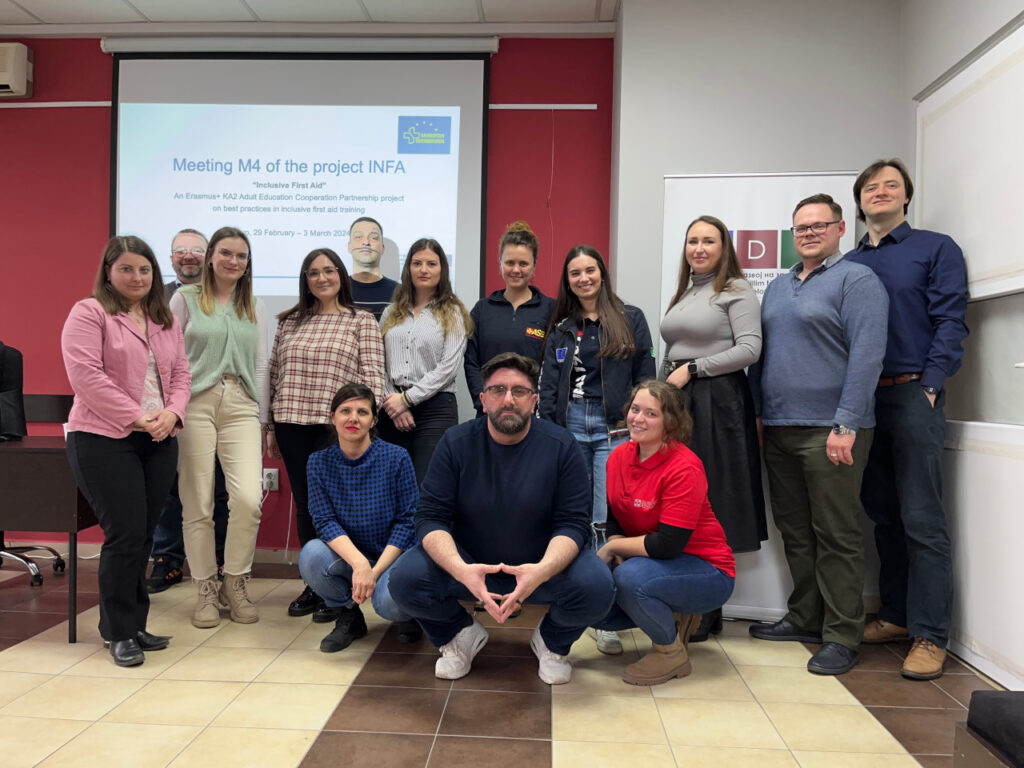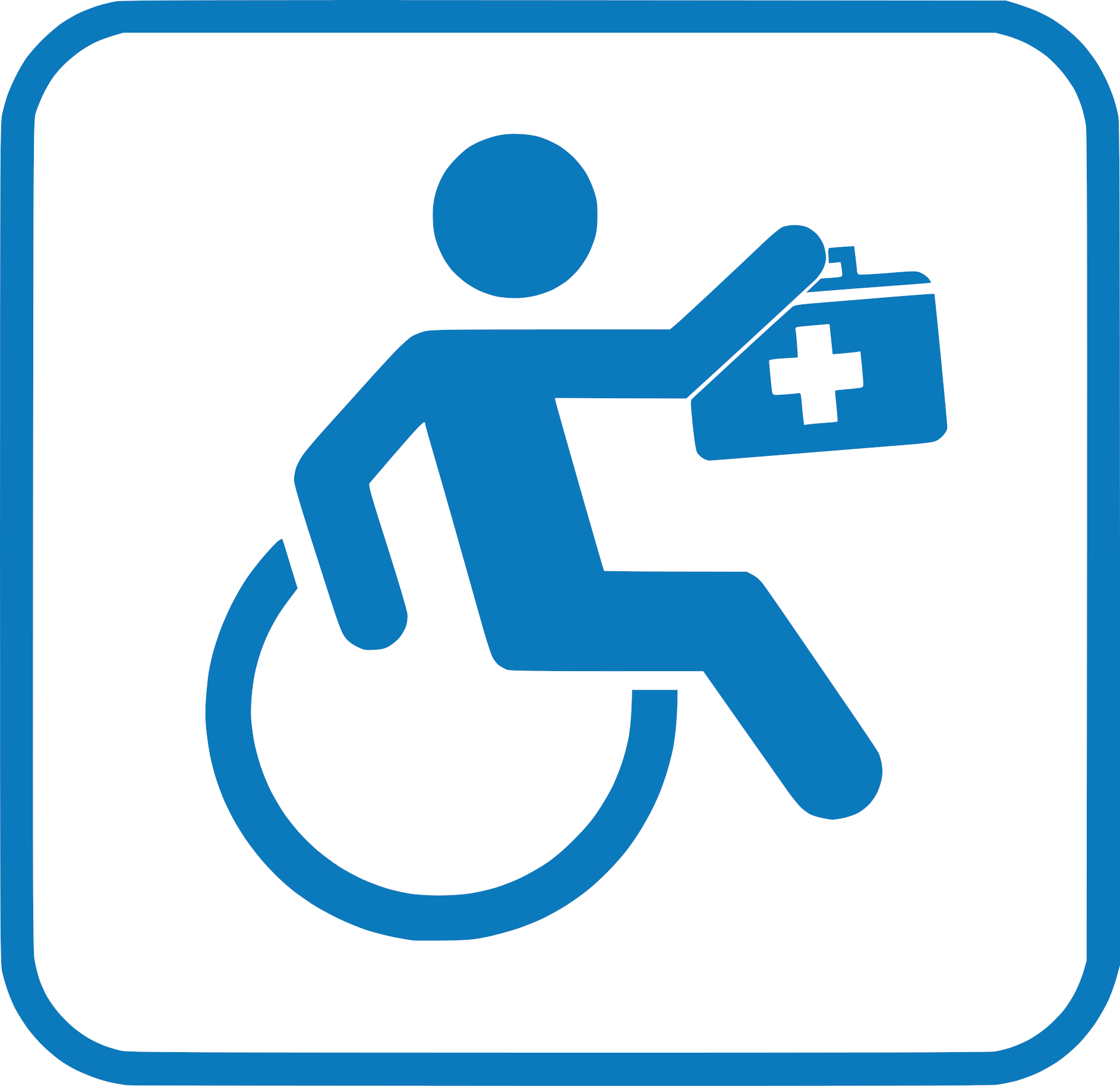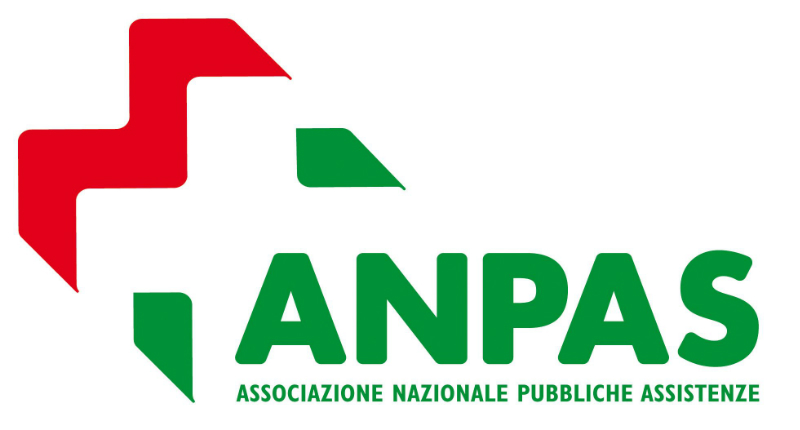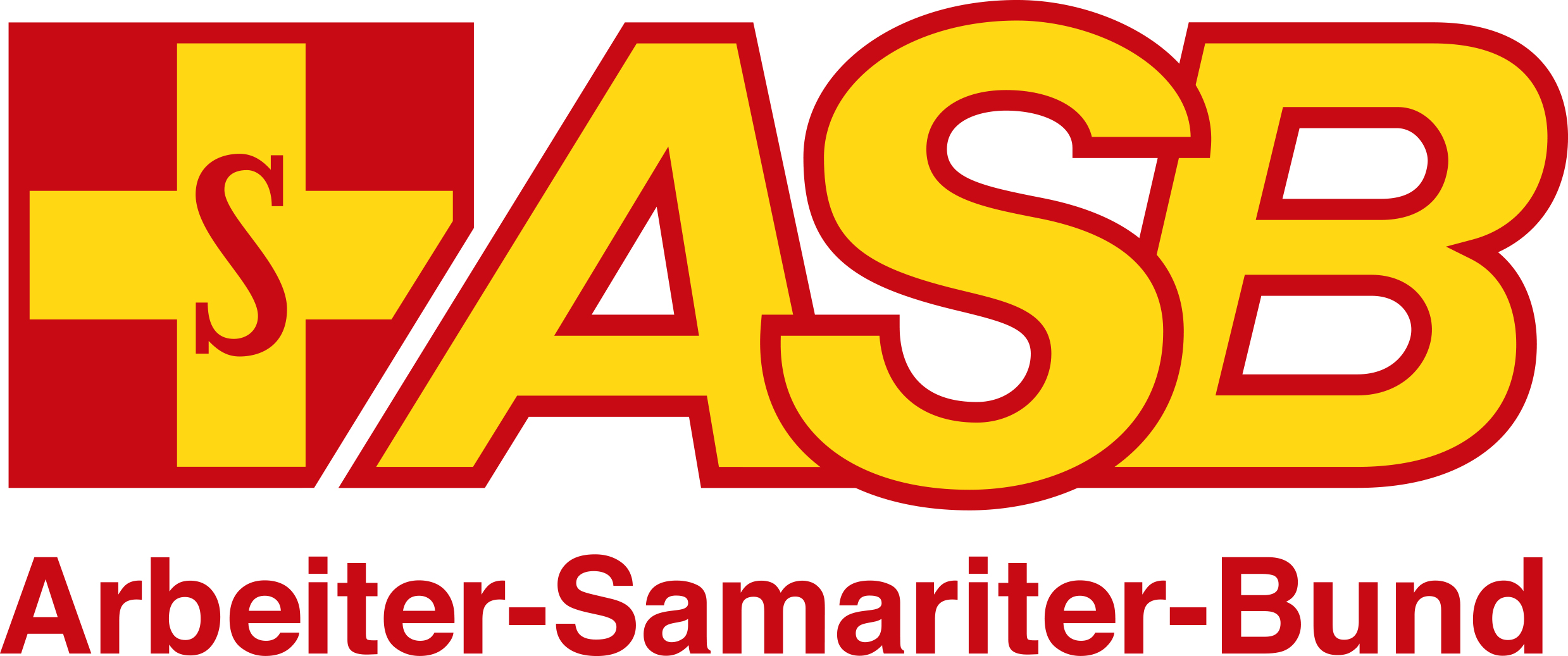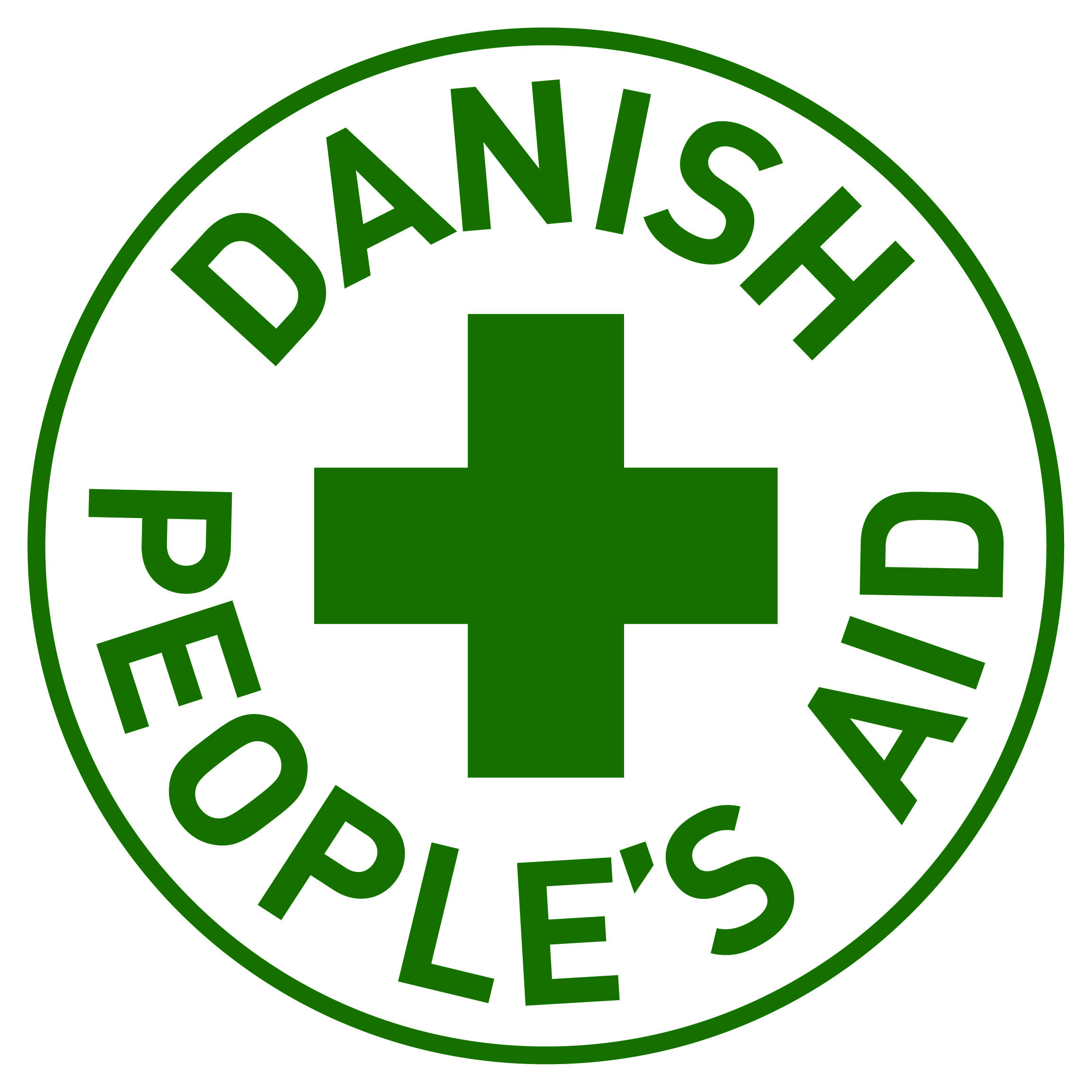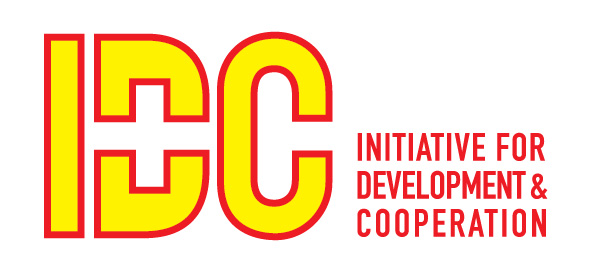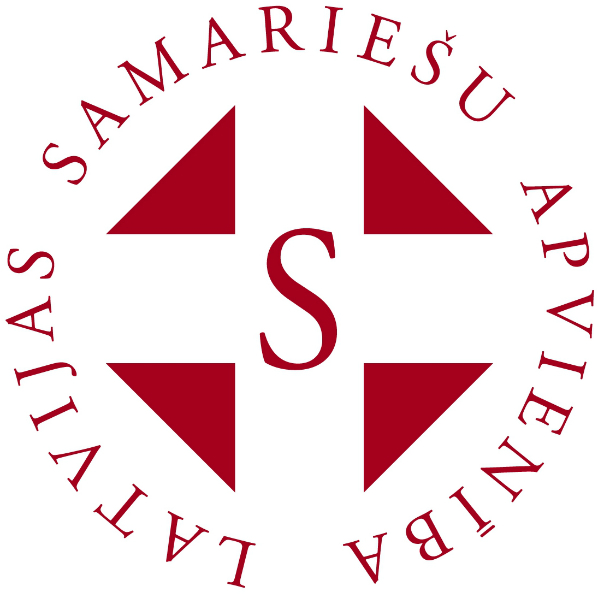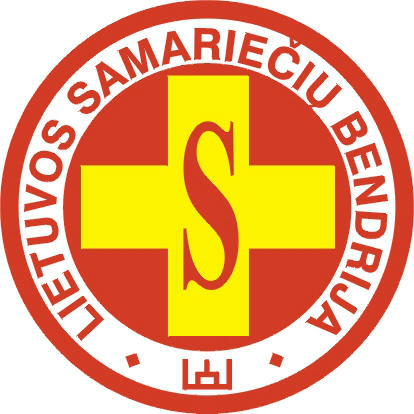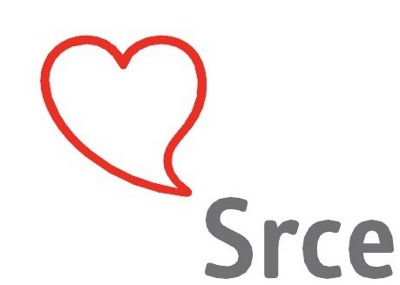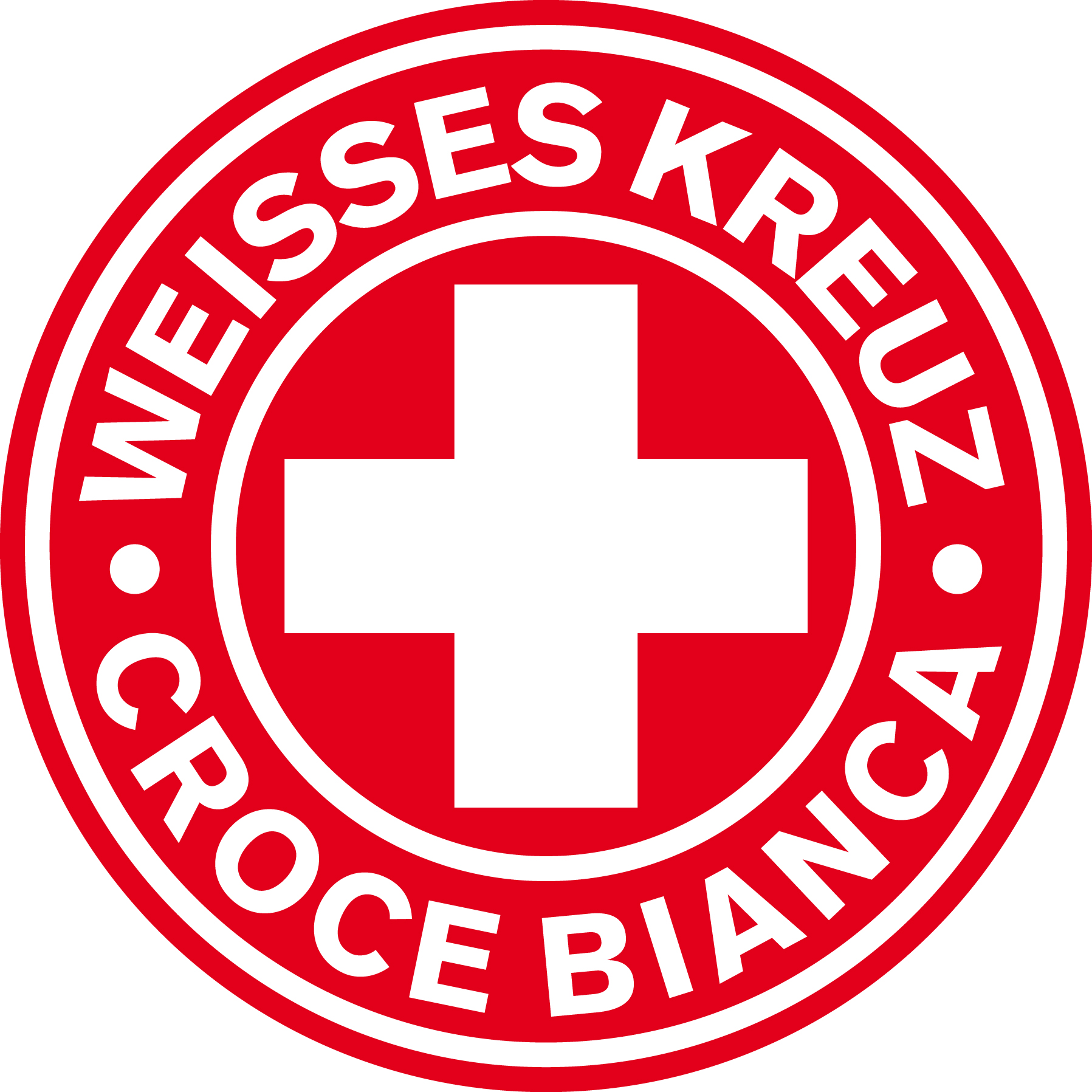Visits to local disabled peoples’ organisations and a look into an important precursor project in Tetovo
Posted on |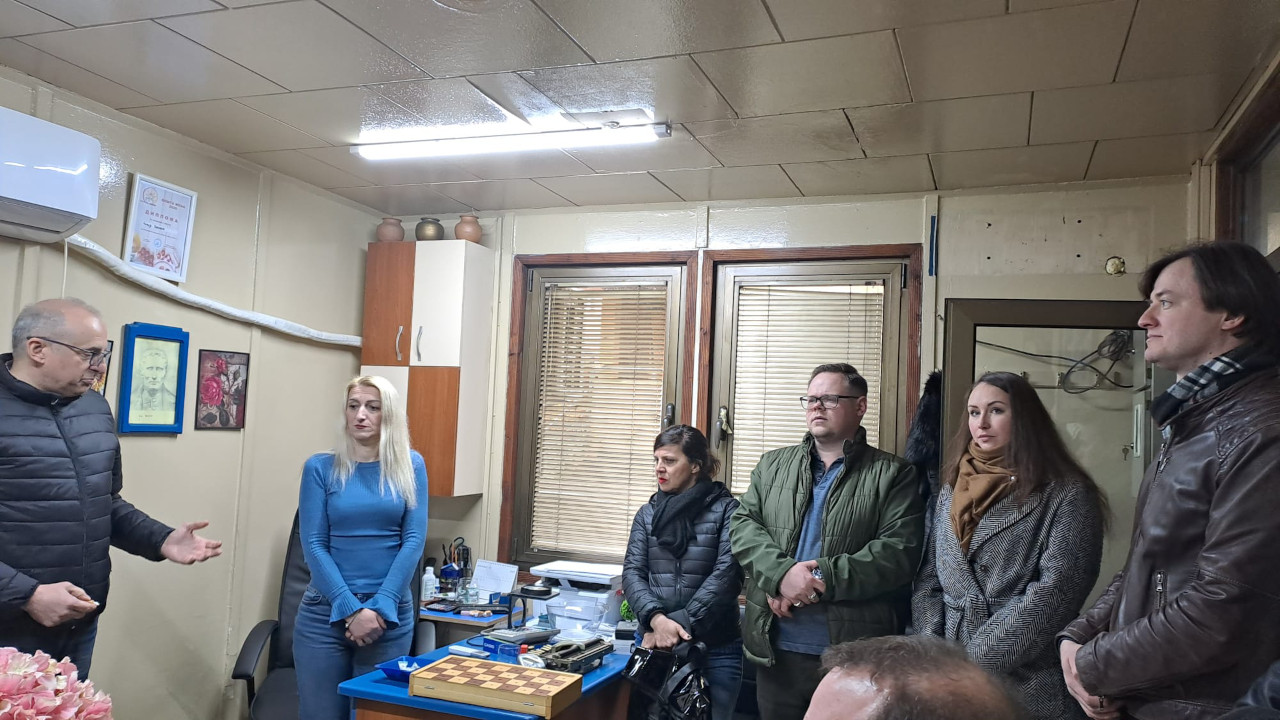
For its fourth practice meeting from 29 February to 3 March 2024, “Inclusive First Aid” (INFA) came together in Tetovo, North Macedonia.
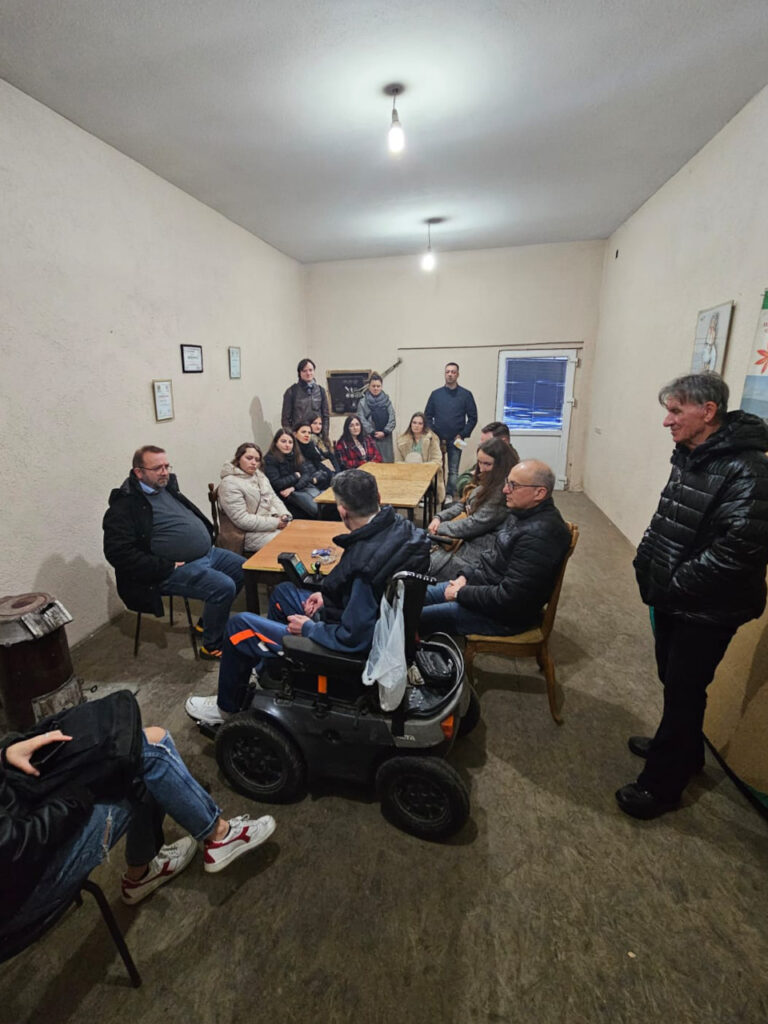
Local project partner CDI presented their previous project MOSAIC, which focused first aid for persons with disabilities in two ways.
Primarily, it was an effort to improve emergency aid for persons with disabilities by making paramedical personnel aware of any issues that were different when helping a person with disability compared to a person without disability.
Since first aid consists of basic measures that are done well before any medical specificities of certain disabilities come into play, the differences were minimal. Communication and measures commonly referred to as “psychological first aid” have a different importance and might have to be adapted (e.g. making sure an injured person with visual impairment knows what is going on around them and calming them is a different task than for an injured person without disability). Some practicalities (e.g. how to transfer someone from a wheelchair to the ground for CPR) and minor changes in some common signs and symptoms were considered in MOSAIC as well. The more important aspect, however, was to remove barriers to action for the paramedics that may be caused by uncertainty on how to help a person with a disability, especially if they were still inexperienced.
In this respect, MOSAIC was similar to the “Formabili” project, that ANPAS presented at the first meeting of INFA.
MOSAIC also discussed how to teach first aid to persons with disabilities. This was not an original focus of the project, so this was only done at a very limited scope – by collecting ideas about different teaching materials and making a suggestion for a course timetable from the first aid trainers’ perspective. While an expert for education of persons with disabilities was asked for feedback by the trainers’ group and so was one disabled persons’ organisation that one of the participating first aid trainers maintained prior contact with, MOSAIC did not offer the space to thoroughly address the issue of teaching persons with disabilities in first aid.
Yet, this aspect of MOSAIC can be seen as inspiration for what INFA is doing – examining trainers’ experiences and practices in more detail in a dedicated project and with the consultation of disabled peoples’ organisations.
The INFA project group also took the opportunity to visit local organisations of people with disabilities: The Association of People with Physical Disabilities, well as the Association of the Blind in Tetovo. The representatives of the organisations and the project group talked about the project and learned about the general state of inclusion in North Macedonia, which unfortunately remains an issue with lots of work yet to be done – even more so than what the project partners had learned earlier in the project before from the perspectives of EU countries.
INFA will hold one more practice exchange meeting in Bolzano, Italy before compiling the demonstrated practices in a project brochure for use by and inspiration of other first aid training providers that approach teaching first aid for persons with disabilities for the first time.
